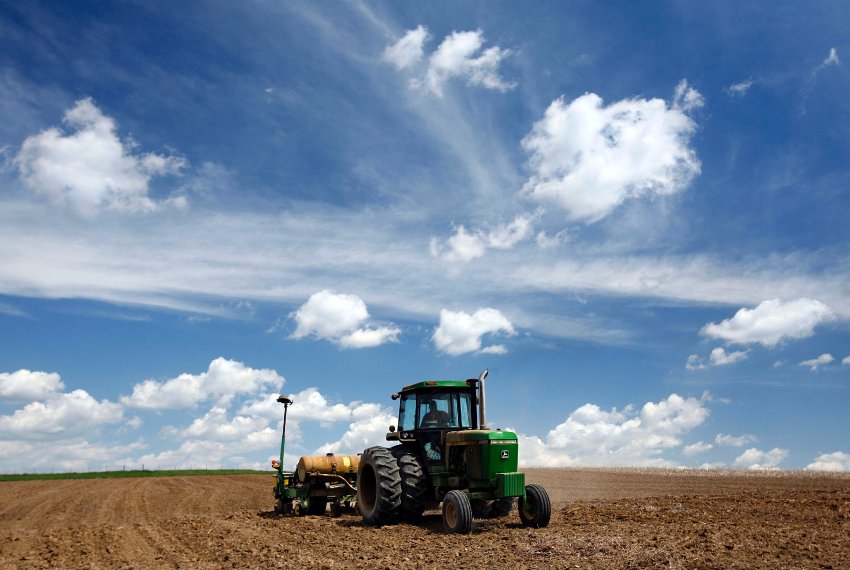Just four countries – Morocco, China, South Africa and Jordan – control 80 percent of the world’s reserves of usable phosphate.

Phosphorus is essential to agriculture, but experts warn reserves are starting to run out.
The element phosphorus is essential to human life and the most important ingredient in fertilizer. But experts warn that the world’s reserves of phosphate rock are becoming depleted. Is recycling sewage the answer?
They sift the powder through their fingers, smell it and admire its soft, brownish shimmer. The members of the delegation from Japan, dressed in black suits and yellow helmets, stand attentively in a factory building in Leoben, Austria, marveling at a seemingly miraculous transformation, as stinking sewage sludge is turned into valuable ash.
Nothing suggests that the brown dust comes from a cesspool. It doesn’t smell, is hygienic and is as safe as sand in a children’s sandbox. It’s also valuable. The powder has a phosphate content of around 16 percent. Phosphate, the most important base material in mineral fertilizer, is currently trading at about €250 ($335) a ton.
Untreated sewage sludge was once dumped onto fields as liquid manure, until it became apparent how toxic it is. Human excretions are full of heavy metals, hormones, biphenyls — and drugs. New processing plants are designed to remove these toxins far more effectively than before, thereby paving the way for the use of sewage sludge in safe, human fertilizer. Ash Dec, the company that operates the pilot plant in Leoben, has dubbed the program “Ash to Cash.”
This unconventional approach could be important for all of mankind. While the term “peak oil” — the point at which production capacity will peak before oil wells gradually begin to run dry — is well known, fewer people know that phosphate reserves could also be running out. Experts refer to this scenario as “peak phosphorus.”
Read moreExperts Warn of Impending Phosphorus Crisis
